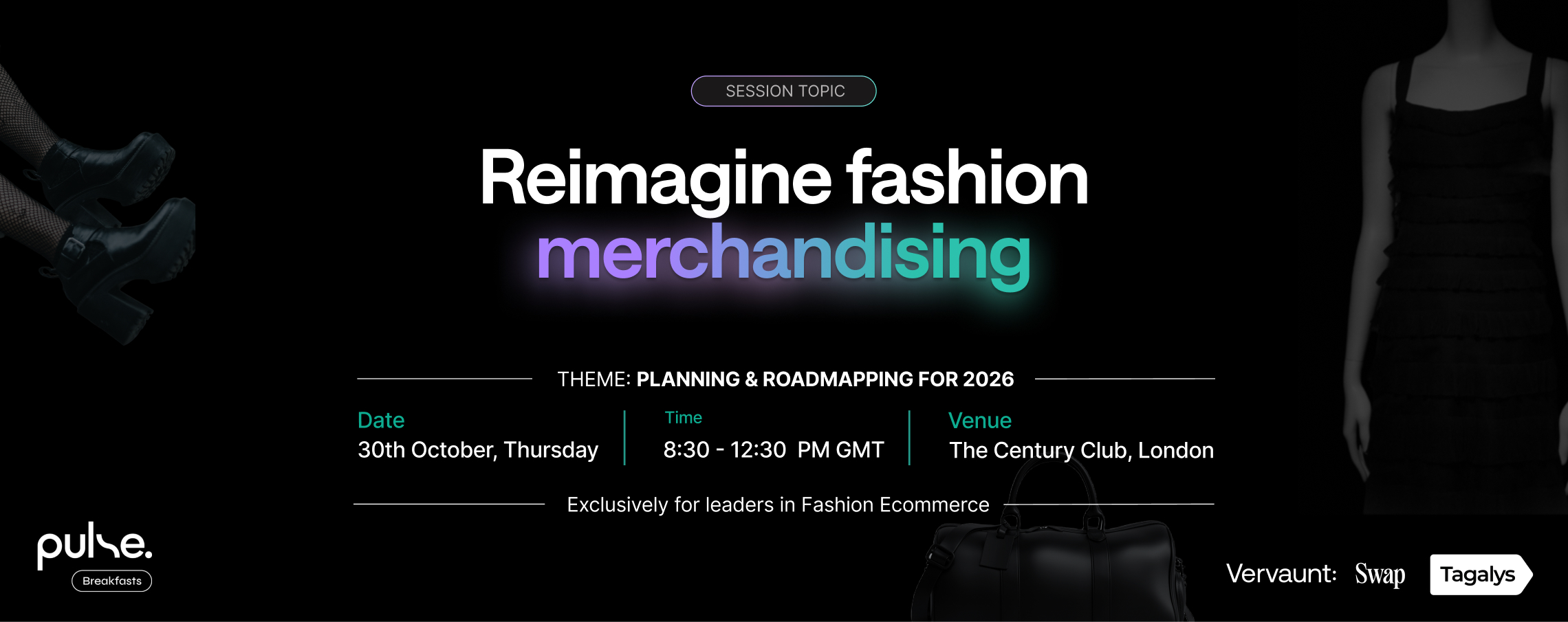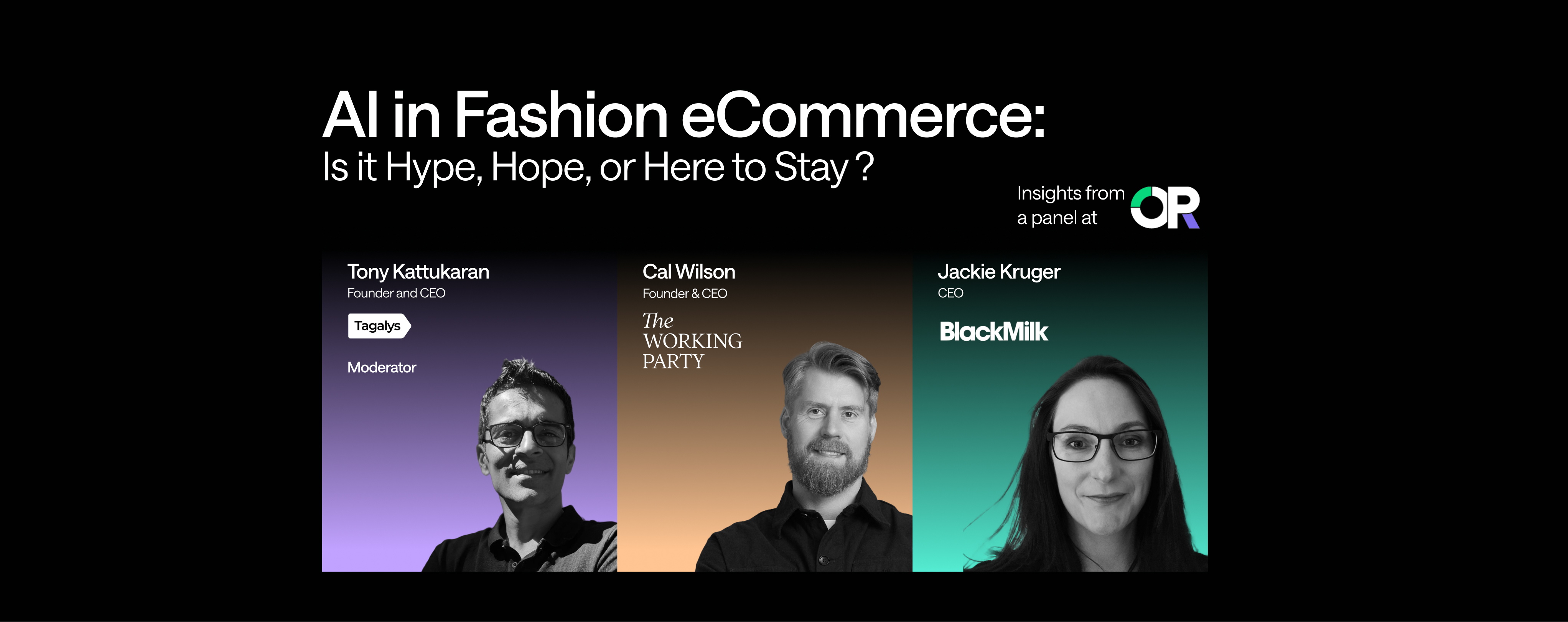As shoppers’ buying patterns evolve, retailers must catch up to stay relevant. 9 in 10 Aussies expect retailers to sell their products online. And customers expect to purchase wherever they want and however they want it; another research shows that a retailer that does not match this expectation loses around 10-30% of sales.While eCommerce is a dynamic space, the pandemic has catalyzed these drastic changes in shopping habits. Wunderman Thompson’s The Future Shopper Report 2021 shows that 59% of customers wish brands would communicate with them seamlessly across all channels.Apparently, omnichannel strategy has now become table stakes for eCommerce retailers. Thus, this blog discusses examples of 4 Australian brands doing omnichannel marketing the right way. But before diving into that, let’s look at the fundamentals.
What is Omnichannel Marketing?
Omnichannel marketing means having an integrated online and offline presence, including physical storefronts and digital mediums like websites, social media, and more.The key to getting omnichannel right is to break silos and offer a seamless experience. Real-life examples would be a customer purchasing a product online but returning it in-store; searching for products online as well as on offline storefronts; or returning a product on the physical storefront and tracking the refund status on the brand’s app.
Benefits of Omnichannel Marketing
Omnichannel marketing offers exceptional benefits to retailers and helps them stay relevant in today’s competitive landscape. Recent research by Google shows that the omnichannel approach leads to happier and more satisfied customers, as 52% felt more positively connected with brands that offer online and offline experiences compared to brands that take a single-channel approach. Here are 5 more benefits of omnichannel marketing:
1. Improves customer retention rate
Research by BloomReach shows that 44% of B2C buyers and 58% of B2B buyers admit they always or often research a product online before visiting a physical store. Even in-store, these buyers still go online to continue their research.Thus increased visibility across multiple touchpoints is a huge advantage of omnichannel marketing. This helps retailers stay on top of shoppers’ minds and eventually increases retention. For example, a customer may visit a storefront and buy something. Later on, they might discover the same brand online through remarketing or advertisement, which can increase the likelihood of them becoming repeat customers.
2. Tap into a new customer base
Reaching new customers is an essential factor in growing any eCommerce business. With omnichannel marketing, retailers can acquire new customers by tapping into various media channels, making it easier for their audience to find them. Not only this, but customers also expect retailers to have an online and offline presence, as the latest research shows that 64% of shoppers prefer to shop with a brand that has an online and offline presence.
3. Increase sales
A statistic by Omnisend shows that marketers who use 3 or more channels in a campaign earned a 494% higher order rate than those running a single-channel campaign.There’s no doubt that being present on multiple channels and tying them together brings significant business growth.
4. Increase operational efficiency
Integrating all channels enables retailers to collect customer data in a single place. This allows a bird’s eye view of the entire customer’s journey and tells retailers where buyers purchase, how frequently, and more such data. This will enable retailers to personalize their communication and boost operational efficiency.
5. More up-sell and cross-sell opportunities
With the valuable insights an integrated system provides, retailers get better equipped to send targeted upsell and cross-sell suggestions. In addition, multiple channels and insights can be combined to send personalized messages, suggestions or even notifications—all of which aids personalization and more upsell and cross-sell opportunities.
4 Brands Examples of Omnichannel Marketing
An intentionally planned omnichannel strategy can be highly beneficial for brands. Here are 4 brands that set an example of omnichannel strategy:
1. CountryRoad
CountryRoad is a fashion and lifestyle brand based out of Australia. While CountryRoad already had a multi-channel presence, it wasn’t integrated. In other words, all channels were working in a silo. So by partnering with WeAreDigital, CountryRoad took its multi-channel approach a level up and embraced an omnichannel strategy. The brand started by laying out a strategy, and while this may sound simple at first, creating a strategy is the key to making a vision come to life. This strategy defined how the brand would integrate channels and provide a seamless experience. Furthermore, maintaining consistency across all channels was a conscious step CountryRoad took to implement an omnichannel strategy successfully.The result of this strategy was that the brand could increase foot traffic for a physical retail store, increase customer retention and engagement, and open up new opportunities.Key takeaway: Having a multi-channel presence is not enough. Retailers must integrate all channels to create an omnichannel experience that provides unparalleled customer experience.
2. CottonOn
CottonOn is an Australian clothing brand. The company launched an iPhone app in New Zealand, Australia, and the United States that offers its customers a bespoke shopping experience. The strategy enables customers to shop what they want, when, and how they want it. In addition, the app offers exclusive features to display the latest products and trends. It also enhances the group’s Cotton On & Co. Perks loyalty program. The company relished a successful launch with a rating of 4.7 out of 5 in the app store. It was also trending #1 in the shopping category in Australia at the launch.Key takeaway: Offering shopping convenience to customers is table stakes. Brands that put customers first will cherish long-term growth.
3. DISSH
DISSH is a women’s clothing brand that entered the online world in 2020. The biggest challenge the brand faced was “siloed data and ‘batch and blast’ communication styles.”This means they had no visibility into the customers’ buying journey, and each channel was siloed. This marketing strategy clearly lacked insightful data and personalized communication.Therefore, DISSH partnered up with Emarsys’s Retail Solution and gained greater visibility via automation and integration of audiences of all channels. DISSH is segmenting users across all channels with this partnership and storing data in one place.Key takeaway: Acquiring data is not enough. Brands must store that data in one place to gain greater visibility and personalize customer communication.
4. David’s Bridal
David’s Bridal (DB) is a bridal retailer that has a unique take on the omnichannel marketing strategy.Keeping in mind the evolving trend in weddings today and what brides prefer (more intimate and casual weddings), DB has launched Little White Dress to offer a unique collection to its audience. What’s interesting is that along with showcasing the new collection in its brick-and-mortar stores, the collection will be offered online, where the audience can view a select range of dresses in 3D and augmented reality. This is a leap forward in the direction of offering personalization with omnichannel marketing. Key takeaway: AR (augmented reality) is no longer the future, it's what retailers are leveraging today to meet evolving customer expectations and stay relevant in today's competitive space.Other digital transformation steps include Loyalty Program, an AI-based mobile concierge bot, offering virtual styling services, and more. DB sets the bar high for retailers and sets a perfect example of providing a personalized omnichannel experience to its audience.
In a Nutshell
Omnichannel marketing is no longer a nice-to-have strategy. It’s a must-have to improve customer satisfaction, retention rate, and sales. Moreover, customers also expect brands to be available on multiple channels and offer convenience. So retailers must start by re-looking at their strategy and identifying how they can embrace an omnichannel strategy and provide their customers with a seamless experience.














.svg)
.svg)
.svg)
.svg)
.svg)
.svg)



.png)

.png)
